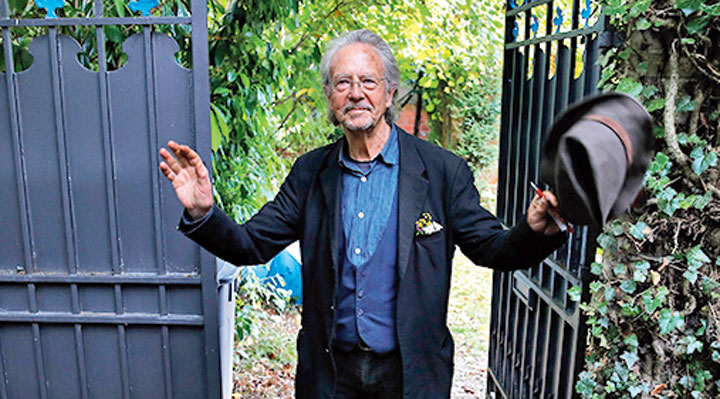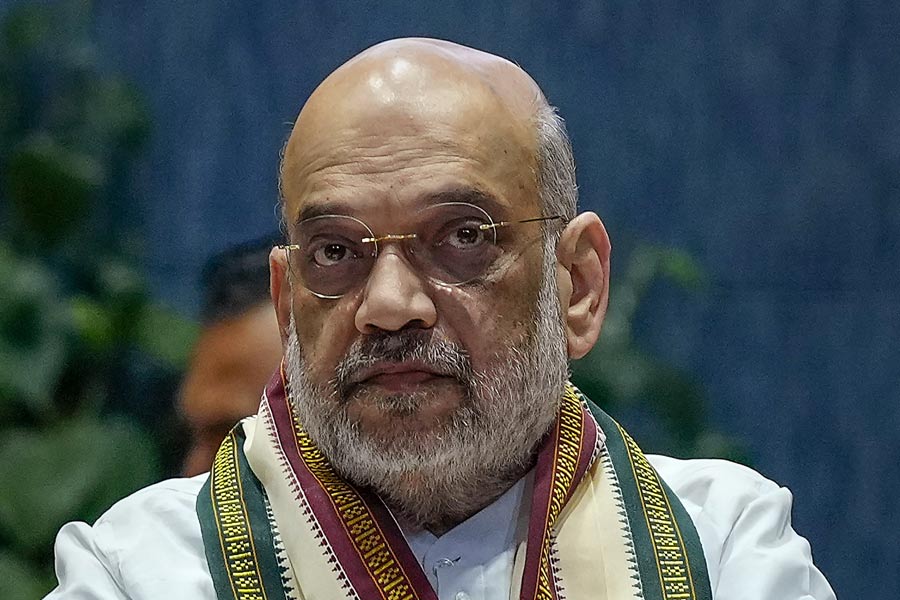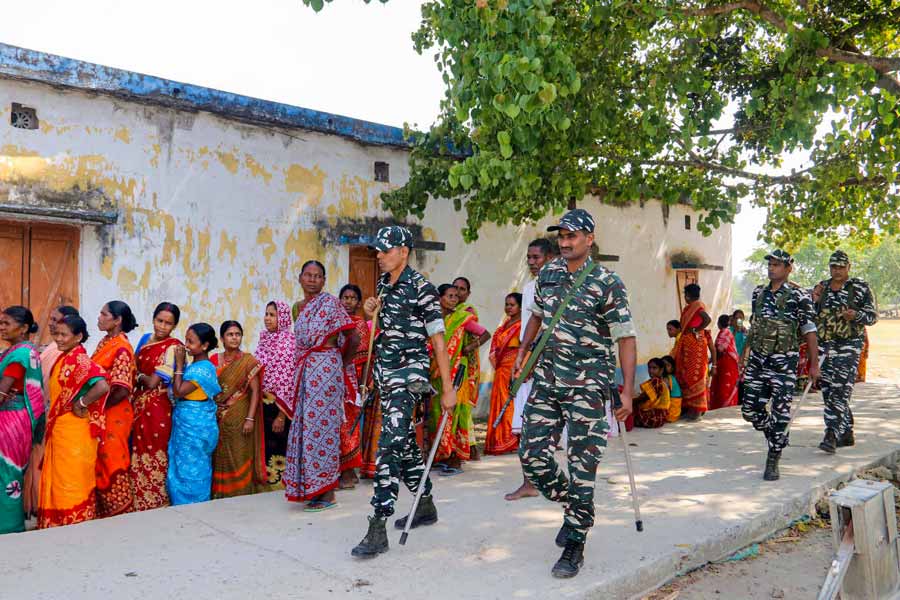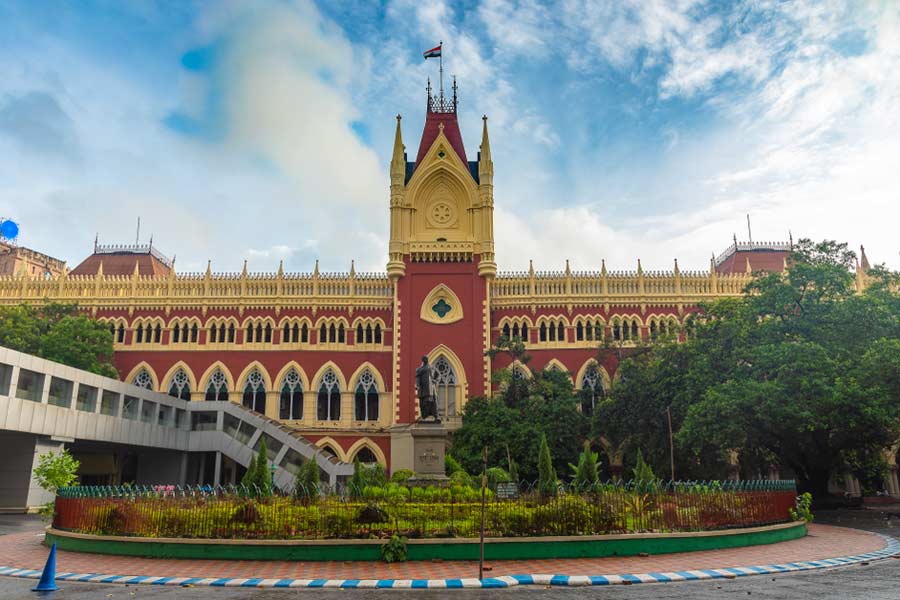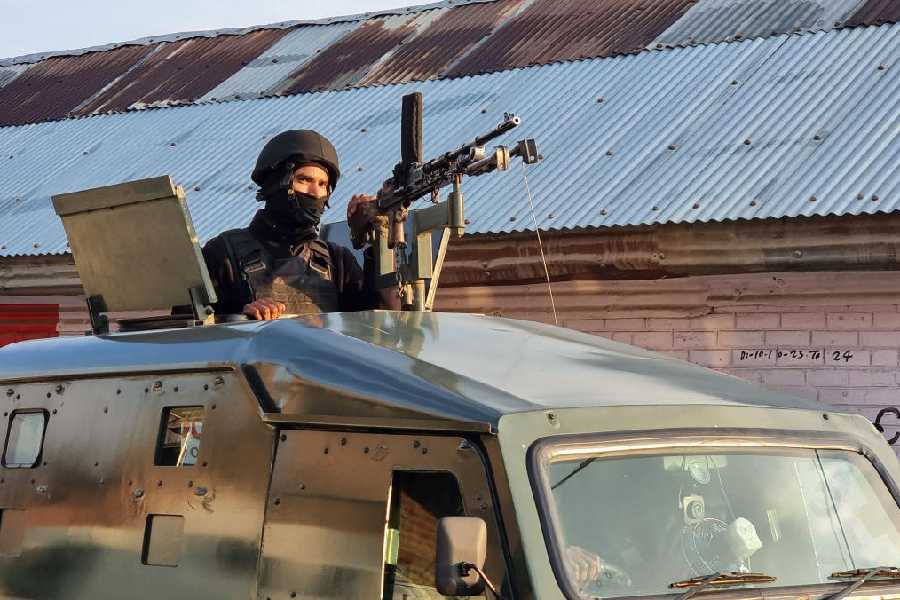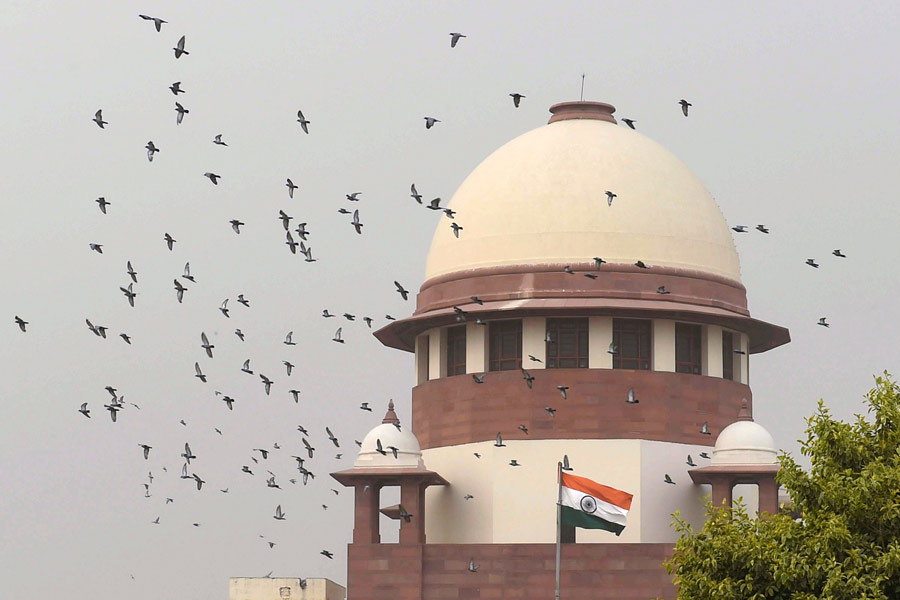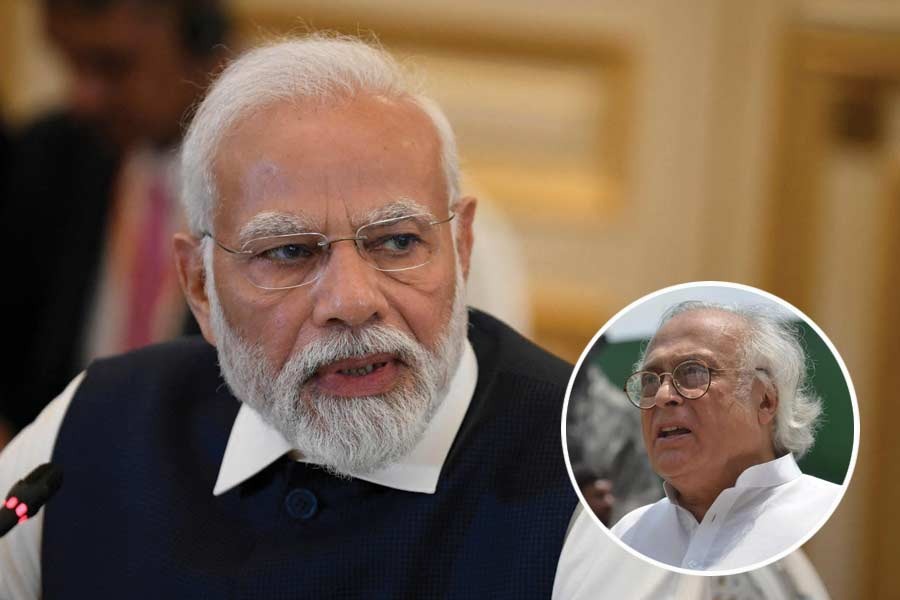Sir — The Swedish Academy’s decision to award the Nobel Prize for literature to Peter Handke — an alleged apologist for Serbian war crimes — is shameful. The appeal made by the Mothers of Srebenica association — for the prize to be revoked — is justified. The academy must not overlook the insensitivity of an author simply because of the literary merit of his works. The greatness of literature lies in the fact that it educates people and encourages them to question orthodox, xenophobic narratives. Unfortunately, the committee seems to have ignored this basic point while making its choice.
Swastisha Mukherji,
Calcutta
Speak up
Sir — In a welcome move, the Bihar police have decided to close the sedition case against the eminent citizens who had written an open letter to the prime minister, Narendra Modi, raising concerns over incidents of mob lynching across the country (“Sedition case false: Police”, Oct 10). Criticism of the government or writing to the prime minister do not amount to sedition. During British rule, the authorities wielded the sedition law to persecute the freedom fighters who questioned their misrule. But Britain itself abolished the sedition law 10 years ago.
It is a relief that the police investigation in Bihar has recognized the malice behind the claim, and resolved to take action against the lawyer, Sudhir Kumar Ojha, for filing a false case. But one must not overlook the fact that it was under the order of a magistrate that the report was filed in the first place.
In this context, it is interesting to note the remarks made by the Supreme Court judge, Deepak Gupta, in a recent address. He mentioned that as long as a person does not break the law or encourage strife, he has the right to differ from every other citizen and those in power to propagate what he believes in. As such, it is appalling that the authorities who support such cases are not even aware of the laws of the land.
Khokan Das,
Calcutta
Sir — The Bihar police have decided to close the sedition case lodged against eminent personalities, including Shyam Benegal, Adoor Gopalakrishnan, Aparna Sen, Shubha Mudgal, Soumitra Chatterjee and Ramachandra Guha — all revered figures in their respective cultural fields. The influence of the agenda-driven political leaders in this case is understandable. But what is intriguing is the hasty intervention of a Muzaffarpur court magistrate to have the report registered. The higher echelons of the judiciary should take note of this.
Jahar Saha,
Calcutta
Sir — It is encouraging that the police have rejected the case against some citizens who protested against lynchings through an open letter to the prime minister. However, more recently, a Wardha-based Central university had expelled five students from the Dalit and other minority communities for writing a letter of protest to Narendra Modi against the government clampdown in Kashmir. The decision was later revoked, but it brings to light a sinister pattern. It indicates that either the government is tacitly exercising control over the different institutions functioning under it, or the authorities themselves are trying hard to stay in the good books of the government.
Jayashree Chatterjee,
Calcutta
Sir — The editorial, “Stay silent” (Oct 11), which underlines the government’s attempts to manipulate pliant institutions into silencing the people’s inquiries, made me wonder if the government also employs silence as a means of avoiding its responsibilities. An instance of this was seen in 2007 when Narendra Modi sat for an interview with the journalist, Karan Thapar. He was questioned about the riots of 2002 in Gujarat, which took place during his term as chief minister. Modi cut the interview short, choosing to remain silent on Thapar’s inquiries.
During his first term as prime minister, the country witnessed Modi’s prolonged silence on crucial matters ailing the country. The people as well as government institutions are also expected to silently display their loyalty to those at the helm.
Nasim Azizi,
Howrah
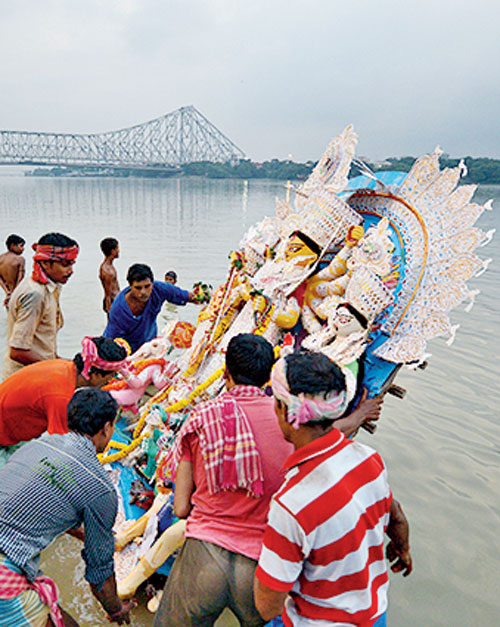
Idol immersion in Hooghly River. How can devotees continue following the archaic ritual at the cost of the environment? Telegraph file picture
Serious thought
Sir — The immersion of idols after Durga Puja at ghats that do not have adequate facilities to handle this ritual is worrying (“Poor ghats raise pollution scare”, Oct 12). But idols should not be immersed in the rivers at all, following the directions of the National Mission for Clean Ganga.
The clay from the idols could reduce the depth of the rivers and wreck their navigability. Metals, chemicals and synthetic raw materials used for idols, along with leaves and flowers used for the puja, also pollute the waters. How can devotees continue following the archaic ritual at the cost of the environment, especially when they deify the Ganga as a ‘mother’?
Rabindranath Sarkar,
Calcutta

